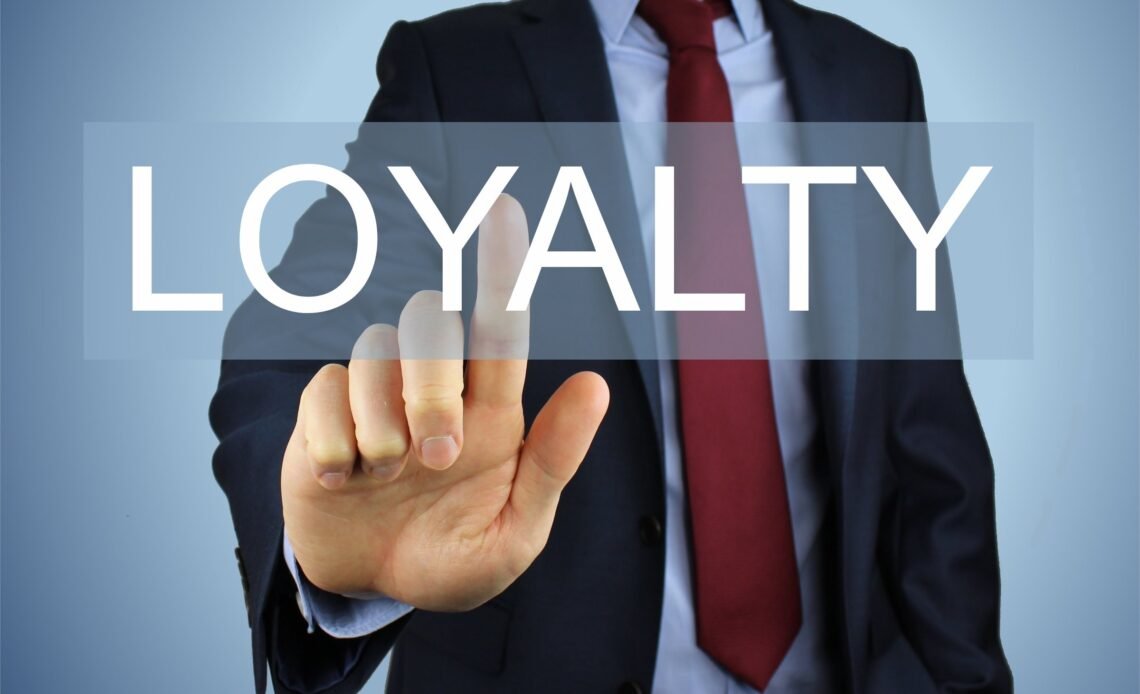
Have you ever had a customer service experience that left you feeling so frustrated, you vowed to never do business with that company again? On the other hand, have you ever had a customer service experience that was so exceptional, you became a loyal fan of the brand for life?
The way a company treats its customers can have a huge impact on brand loyalty. In today’s competitive market, customer experience has become a crucial differentiator for businesses of all sizes. A positive customer experience can lead to repeat business, word-of-mouth marketing, and even social media endorsements. On the other hand, a negative customer experience can quickly erode brand loyalty and reputation.
In this article, we’ll explore the complex relationship between customer experience and brand loyalty. We’ll delve into what customer experience is, how it impacts brand loyalty and best practices for improving customer experience. So sit back, grab a cup of coffee (or a stiff drink, depending on your level of customer service PTSD), and let’s dive in.
What is customer experience?
At its core, customer experience (also known as CX) refers to the overall perception and feelings a customer has about a company, its products or services, and its interactions with them. Customer experience encompasses all the different touchpoints a customer has with a brand, including pre-purchase research, purchase, and post-purchase follow-up.
Customer experience is made up of several components, including:
- Interactions: This refers to the direct exchanges a customer has with a company, whether it’s in person, over the phone, or online.
- Emotions: A customer’s emotional response to a brand can be influenced by various factors, such as the way they are treated, the quality of the product or service, and the overall atmosphere of the experience.
- Perceptions: A customer’s perception of a brand is formed by the sum of their interactions and emotions with it.
Why is customer experience so important for businesses?
Simply put, customers have more choices than ever before, and they expect a high level of convenience, efficiency, and personalization from the brands they do business with.
A positive customer experience can lead to repeat business, positive word-of-mouth, and even social media endorsements, which can all help drive sales and growth. On the other hand, a negative customer experience can lead to lost business, negative reviews, and even backlash on social media.
To illustrate the impact of customer experience on a brand’s reputation and bottom line, consider the following examples:
- A clothing retailer that offers a seamless online shopping experience with fast shipping and easy returns is likely to see repeat business from satisfied customers.
- A restaurant that serves delicious food in a welcoming atmosphere is likely to see positive reviews and word-of-mouth recommendations.
- On the other hand, a company that has a reputation for poor customer service is likely to see fewer repeat customers and negative reviews.
In short, customer experience matters because it can make or break a brand’s reputation and bottom line. In the next section, we’ll delve into how customer experience affects brand loyalty.
How customer experience affects brand loyalty
It’s no secret that customer experience can influence brand loyalty. According to a report by Customer Think, “Customers who have a positive experience with a company are more likely to become loyal customers, while those who have a negative experience are more likely to leave.” So how exactly does customer experience impact brand loyalty? Let’s take a look at some of the ways:
- Customer loyalty programs: Many companies offer loyalty programs as a way to reward their most loyal customers. These programs often offer perks such as discounts, exclusive promotions, and special access to events or products. Loyalty programs can be an effective way to retain customers and encourage repeat business, as long as they offer real value and are easy to use.
- Customer satisfaction surveys: Companies often use customer satisfaction surveys to gauge how well they are meeting the needs and expectations of their customers. By analyzing the results of these surveys, companies can identify areas for improvement and make changes to enhance the customer experience. Higher customer satisfaction scores can lead to increased brand loyalty.
- Personalization: Customers appreciate when a company goes the extra mile to personalize their experience. This could be as simple as remembering their name or preferences, or as complex as using data and artificial intelligence to tailor recommendations and offers to their individual needs and interests. Personalization can foster a sense of connection and appreciation, leading to increased brand loyalty.
There are many other ways that customer experience can affect brand loyalty, including the overall quality of the product or service, the convenience of the experience, and the speed and efficiency of the interactions. By focusing on delivering a positive customer experience, companies can build strong brand loyalty and reap the benefits of repeat business, positive word-of-mouth, and social media endorsements. In the next section, we’ll look at some best practices for improving customer experience.
Best practices for improving customer experience
So, how can companies deliver an exceptional customer experience and build brand loyalty? Here are some tips and strategies to consider:
- Personalized experiences: As mentioned earlier, customers appreciate when a company takes the time to personalize their experience. This could involve using data and AI to tailor recommendations and offers, or simply remembering their name and preferences. Personalization helps build a sense of connection and appreciation, leading to increased brand loyalty.
- Timely responses: Customers expect timely and efficient responses, whether it’s via phone, email, chat, or social media. By responding promptly and effectively to customer inquiries and issues, companies can build trust and loyalty.
- Proactive problem-solving: Customers appreciate when a company goes above and beyond to solve their problems or address their concerns. By proactively seeking out ways to improve the customer experience, companies can build loyalty and reduce the risk of negative reviews or backlash.
- Use of technology: Technology can play a significant role in improving customer experience. For example, companies can use chatbots or AI to handle routine inquiries and tasks, freeing up human customer service representatives to focus on more complex issues. Social media can also be a powerful tool for engaging with customers and gathering feedback.
To give you some inspiration, here are a few examples of brands that are doing customer experience well:
- Zappos, an online shoe retailer, is known for its exceptional customer service, including free shipping and returns, a 365-day return policy, and a 24/7 customer service hotline.
- Starbucks, the global coffee chain, has a strong loyalty program that offers personalized recommendations and rewards based on customer purchases.
- Amazon, the e-commerce giant, is renowned for its fast and efficient delivery, easy returns, and vast product selection.
By adopting these best practices and staying attuned to customer needs and expectations, companies can improve customer experience and build brand loyalty. In the next and final section, we’ll wrap up our discussion of the impact of customer experience on brand loyalty.
Conclusion
In this article, we’ve explored the complex relationship between customer experience and brand loyalty. We’ve seen that customer experience, made up of interactions, emotions, and perceptions, can greatly impact a brand’s reputation and bottom line.
By delivering a positive customer experience, companies can build strong brand loyalty and enjoy the benefits of repeat business, positive word-of-mouth, and social media endorsements.
In today’s competitive market, customer experience is more important than ever. By focusing on delivering an exceptional customer experience, companies can differentiate themselves from the competition and build a loyal customer base. So don’t underestimate the power of customer experience – it can make or break a brand’s reputation and bottom line.
Thanks for reading! We hope you’ve enjoyed this article on the impact of customer experience on brand loyalty. If you have any questions or comments, we’d love to hear from you. Until next time, happy customer service-ing!

